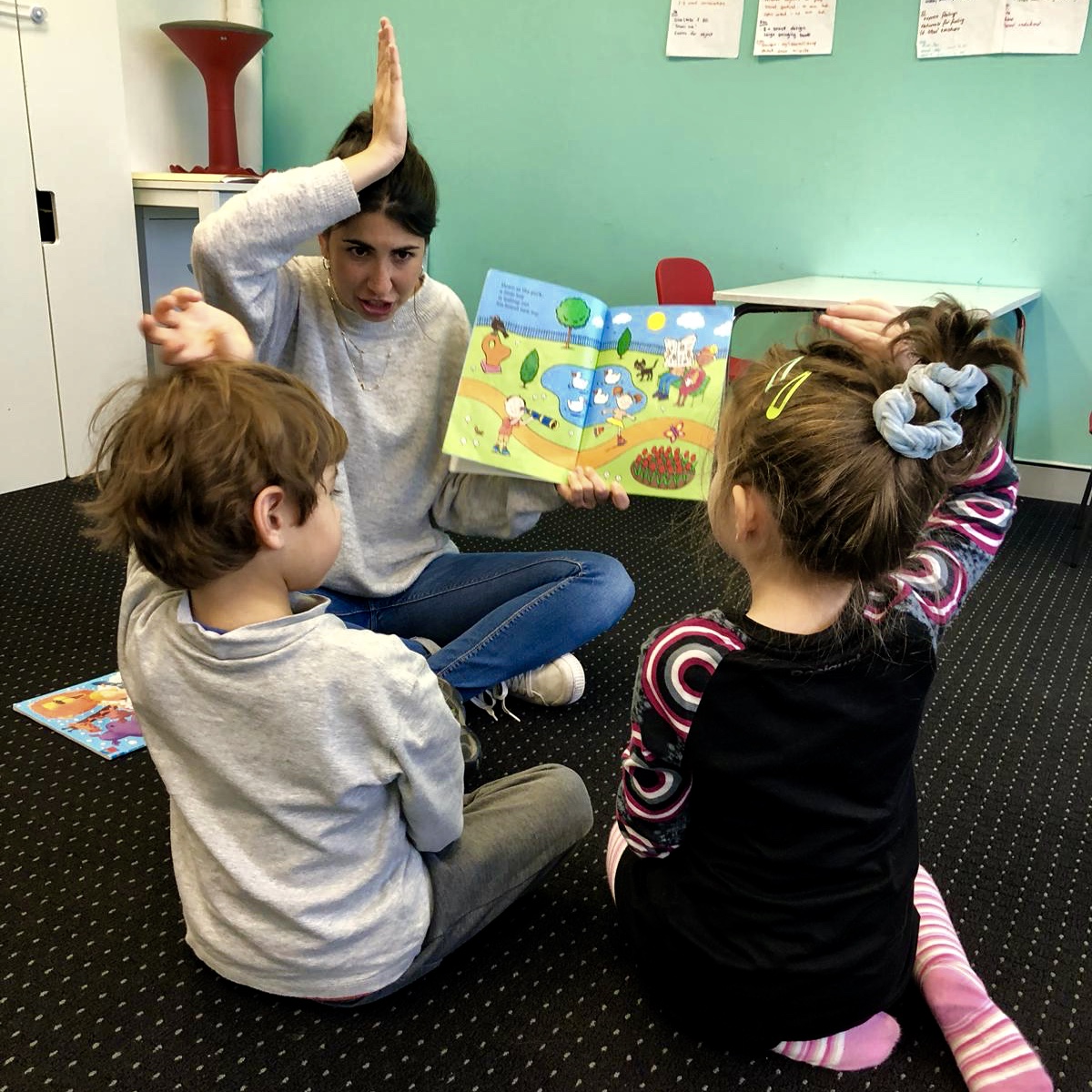
What is Play-Based Therapy for Children with Autism?
Play-based therapy is a fun and effective way to help children with autism learn and grow. This approach uses play as the main tool for teaching important skills, making learning enjoyable and natural for kids. In this blog, we’ll explore what play-based therapy is, why it’s so beneficial, and how it supports children with autism, including how the Early Start Denver Model (ESDM) takes play-based therapy to the next level.
What is Play-Based Therapy?
Play-based therapy is a child-centered approach where play is used to teach and develop skills such as communication, social interaction, motor skills, and cognitive abilities. Unlike more structured therapies, play-based methods are led by the child’s interests, making it an engaging and motivating way to learn. Therapists guide the play to ensure it helps the child meet developmental goals in a natural, enjoyable way.
Key Elements of Play-Based Therapy
- Child-Centered Approach The therapy is driven by what the child enjoys. Focusing on their interests makes sessions more engaging and effective, helping children feel more comfortable and motivated.
- Natural Settings Play-based therapy often happens in everyday environments like the home, preschool, or playground. This helps children apply their new skills in real-world situations, making the therapy more practical and beneficial for daily life.
- Interactive and Fun Toys, games, and imaginative activities make the sessions enjoyable. These playful interactions help keep children interested while achieving therapeutic goals.
- Developmentally Appropriate Activities The activities match the child’s current abilities, but gently challenge them to learn more, promoting continual growth.
Why Play-Based Therapy is Great for Children with Autism
- Improved Communication Skills Play-based therapy provides natural opportunities for children to practice both speaking and understanding others. Through guided play, they learn to express themselves and engage in meaningful conversations.
- Enhanced Social Skills Since play often involves interaction with others, children with autism can develop important social skills such as taking turns, sharing, and reading non-verbal cues, all in a relaxed, enjoyable environment.
- Encourages Creativity and Flexibility Play fosters creativity and flexible thinking. For children with autism, who may struggle with rigid thinking, play-based therapy can help them learn to adapt and think more creatively.
- Builds Motor Skills Through activities like building with blocks or playing with sensory materials, children can work on both fine and gross motor skills. These skills are critical for daily tasks such as writing, dressing, and playing sports.
- Reduces Anxiety and Stress Play is naturally fun and can help children feel relaxed and safe, reducing anxiety and stress. This makes children more open to learning new skills.
- Develops Real-Life Skills Since play-based therapy happens in natural settings, children are more likely to use their new skills in their everyday lives. The transition from therapy to real-world application becomes smoother and more effective.
Examples of Play-Based Therapy Activities
- Pretend Play: Activities like playing house, being a doctor, or pretending to be superheroes help develop imagination, language, and social skills.
- Building and Constructing: Using blocks or Legos helps children improve problem-solving and motor skills.
- Art and Craft Activities: Painting, drawing, and crafting encourage creativity and enhance fine motor control.
- Sensory Play: Activities like playing with sand, water, or playdough help children explore textures and improve sensory processing.
- Interactive Games: Games that require taking turns, following rules, and interacting with others build social communication and engagement.
Why ESDM is More Play-Based Than ABA
The Early Start Denver Model (ESDM) is a form of play-based therapy designed specifically for young children with autism. It blends developmental approaches with behavioural techniques from Applied Behaviour Analysis (ABA), but it stands out for its naturalistic, child-led structure. Here’s how ESDM is unique:
- Engaging and Fun
Unlike traditional ABA, which can be more structured and adult-led, ESDM uses play as the primary way to teach. This makes therapy fun and engaging, ensuring that children stay motivated and happy during sessions. - Natural Learning
ESDM is integrated into everyday activities and routines, making it easier for children to generalize their skills to real-life situations. This naturalistic approach helps children apply their new skills outside of therapy. - Responsive Prompting
In ABA, prompting is used extensively to guide children towards desired behaviours. In contrast, ESDM introduces prompts only when necessary, based on the child’s response. This allows the child to take the lead and fosters independence. - Parent Involvement
A key feature of ESDM is parent involvement. ESDM therapists actively train parents to use therapy techniques at home, ensuring consistent support and reinforcing skills learned during therapy sessions. - Holistic Development
ESDM doesn’t just focus on specific behaviours. It addresses the child’s overall development, including communication, social skills, and cognitive abilities, giving children a well-rounded foundation for growth.
Conclusion
Play-based therapy, especially through the Early Start Denver Model (ESDM), is a wonderful way to support children with autism. It turns learning into a fun, interactive experience, helping children develop essential communication, social, and motor skills while enjoying themselves. At OneOnOne Children’s Therapy, our Certified ESDM Therapists in Sydney, Bondi Junction, and Mascot use play-based therapy to help children reach their full potential in a positive, engaging environment.
Contact Us
If you want to learn more about how play-based therapy and ESDM can benefit your child, reach out to OneOnOne Children’s Therapy. As the largest ESDM clinic in New South Wales, our team of Speech Pathologists, Occupational Therapists, and Certified ESDM Therapists is dedicated to supporting your child’s development through fun, play-based activities. Our purpose-built clinics in Bondi Junction and Mascot provide the ideal environment for helping your child grow and thrive.
Call us at (02) 80657837
Email us to book a consultation today.

I like it when individuals get together and share thoughts.
Great blog, stick with it!
I couldn’t agree more. Glad you are enjoying it!